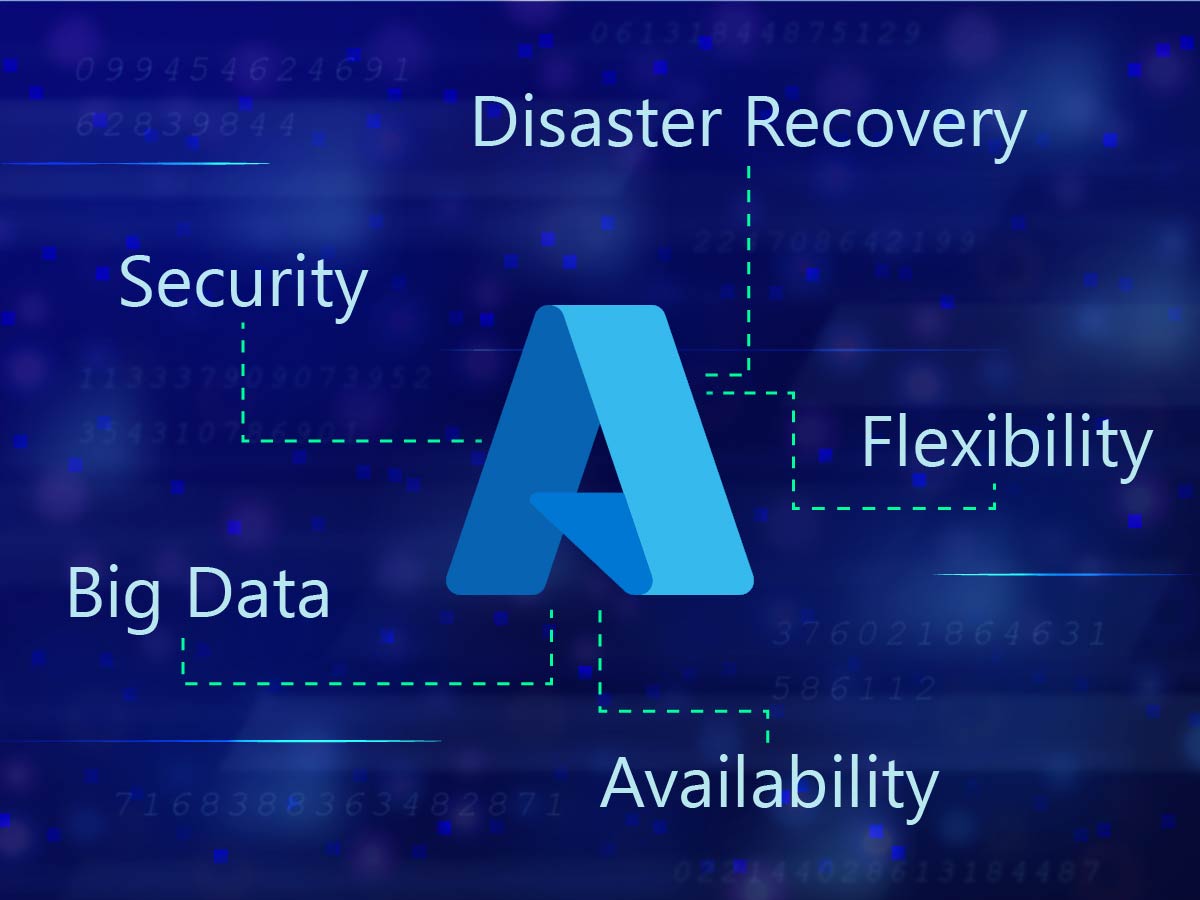More and more businesses are making the switch to Azure cloud services. If you’re on the fence about whether or not Azure is the right choice for your business, here are ten reasons why you should switch today. Azure offers greater reliability, security, and scalability than alternative cloud services, making it the perfect choice for businesses of all sizes. With Azure, you can rest assured that your data is always safe and secure. Plus, Azure’s scalable architecture ensures that your business can grow with ease. Don’t miss out on all the benefits of using Azure cloud services – read on to find out more!
Azure Cloud Services is a cloud computing platform that provides a wide variety of services, including storage, networking, analytics, and more. Here are the top 10 reasons to use Azure Cloud Services:
Budget
One of the biggest benefits of using cloud computing is the cost savings. With Azure, you only pay for the resources you use, which can help save your business money. Microsoft also offers a number of cost-saving features, such as reserved instances and committed use discounts, which can further reduce your costs.
Flexibility
Azure provides you with the flexibility to scale up or down as needed, so you only pay for the resources you use. This can be helpful if your business has seasonal or other spikes in demand. You can also easily create Dev or Test environments in Azure without having to provision additional hardware.
Performance
Azure is known for its high performance and availability. Azure’s global network consists of over 100 data centers around the world, so you can be confident that your applications will have the resources they need to run smoothly. Additionally, Azure’s storage options are designed for durability and high availability, so you can rest assured that your data is always safe.
Security
Security is a top priority for Azure. Microsoft has invested heavily in making sure that its platform is secure. Azure has a number of features to help keep your data safe, including: role-based access control, identity management, and data encryption. Azure also offers a number of compliance certifications, such as ISO 27001 and HIPAA compliant workloads, to help give you peace of mind that your data is always protected.
Storage Options
Azure offers a variety of storage options to choose from, including blob storage, file storage, SQL Database (formerly known as SQL Azure), NoSQL databases, and more. With so many options available, you are sure to find the right storage solution for your needs. Additionally, you can take advantage of Azure’s Storage Explorer tool to easily manage your storage account from within the Azure portal.
Disaster Recovery
Disaster Recovery as a Service (DRaaS) is a cloud-based disaster recovery solution that protects your mission-critical applications and data from outages and disasters. DRaaS replicates your on-premises or cloud-based applications and stores them in an off-site location so that they’re always available in case of an unexpected event.
Networking
Azure provides a number of networking services to help you connect your on-premises infrastructure with the cloud and includes features like traffic filtering and user and group synchronization.
Developer Tools
Azure offers several developer tools, such as Visual Studio, App Service, and DevOps to assist developers when creating applications on the Azure platform.
IoT
The Internet of Things (IoT) refers to the billions of physical devices around the world that are connected to the internet, collecting and sharing data. With Azure IoT Suite, you can connect, monitor, and control all your IoT devices from one central location.
Big Data
Big data refers to datasets that are too large or complex for traditional data processing techniques. With Azure HDInsight, you can process big data on the cloud using Apache Hadoop or Spark clusters.



Leave A Comment